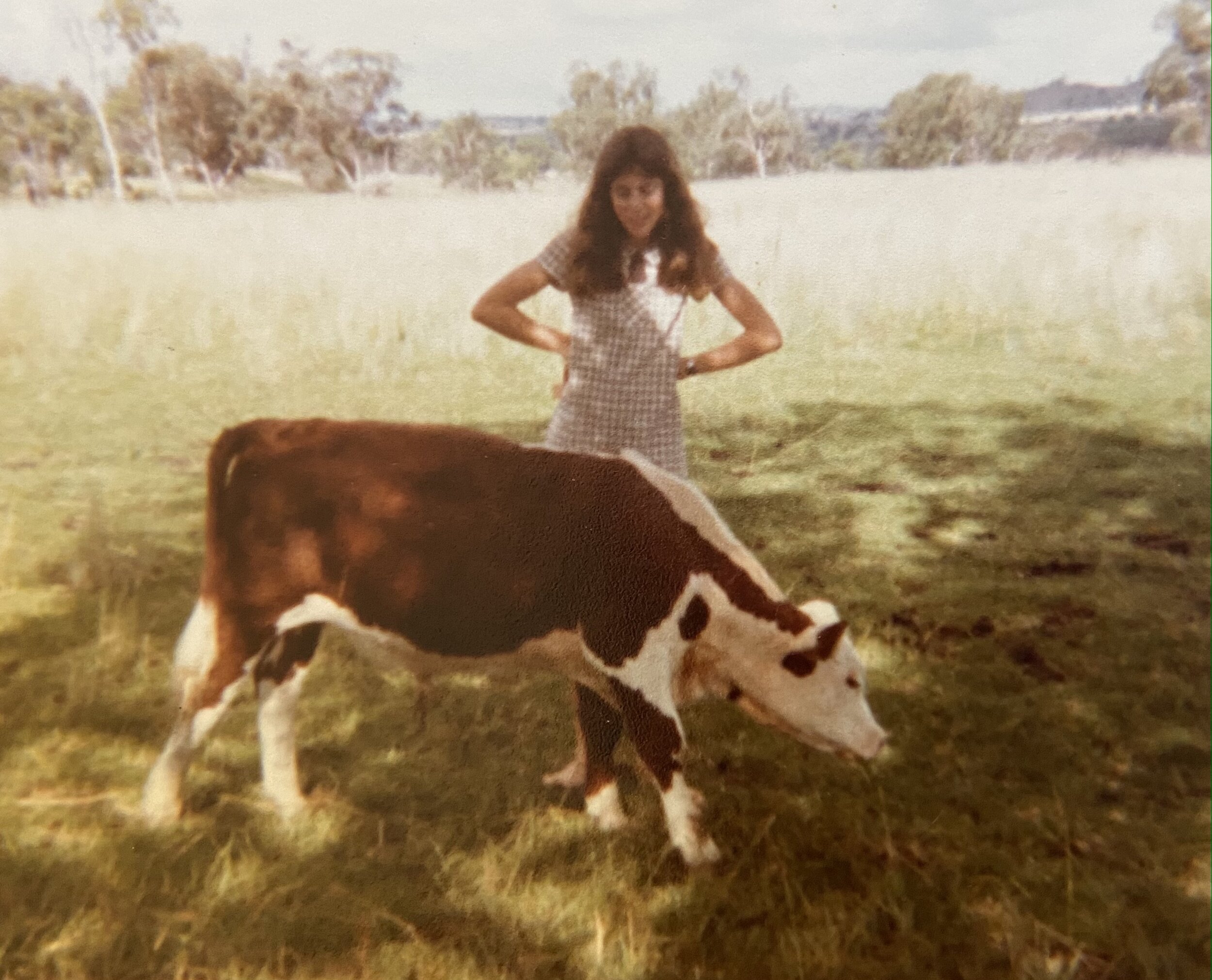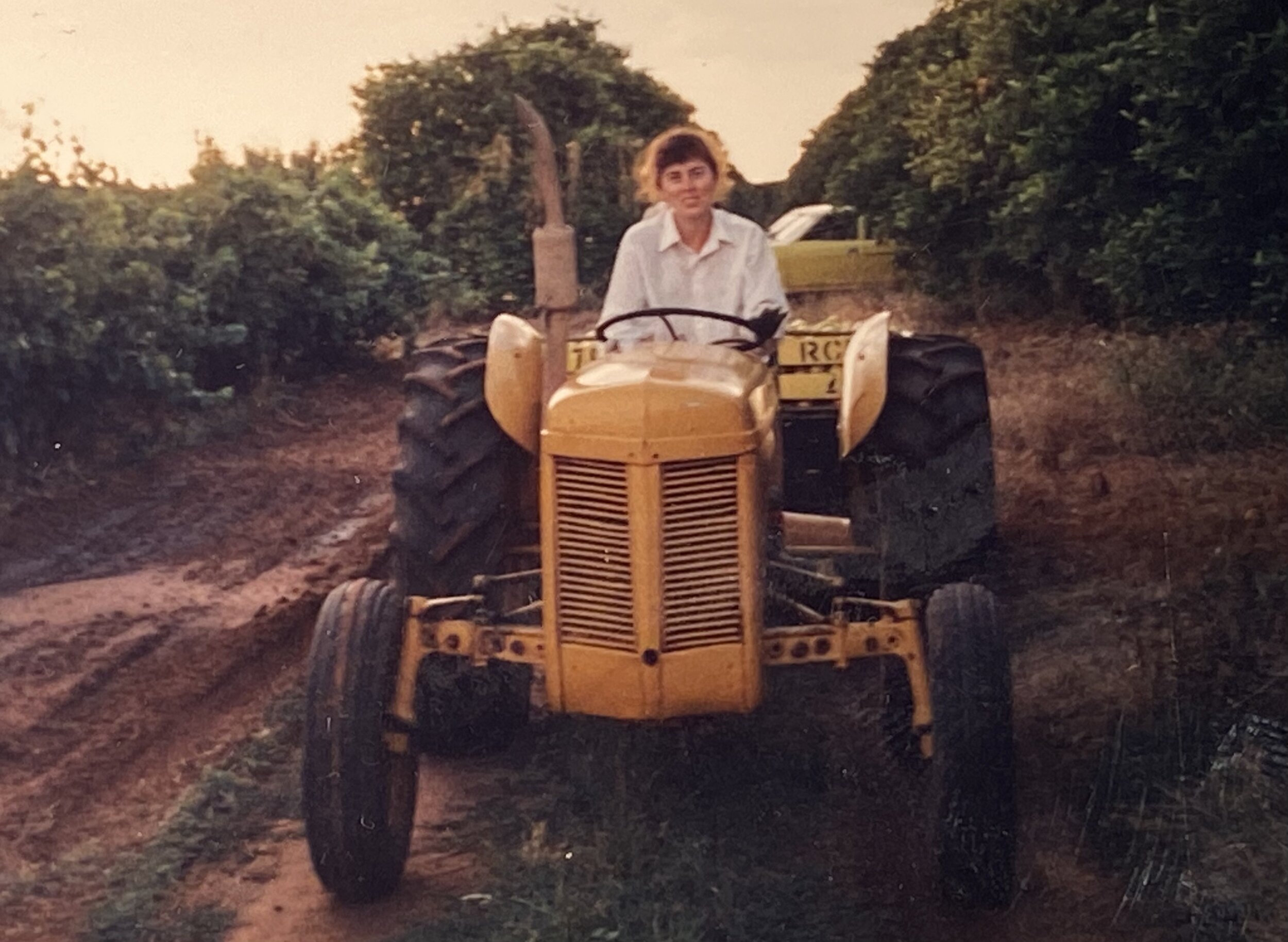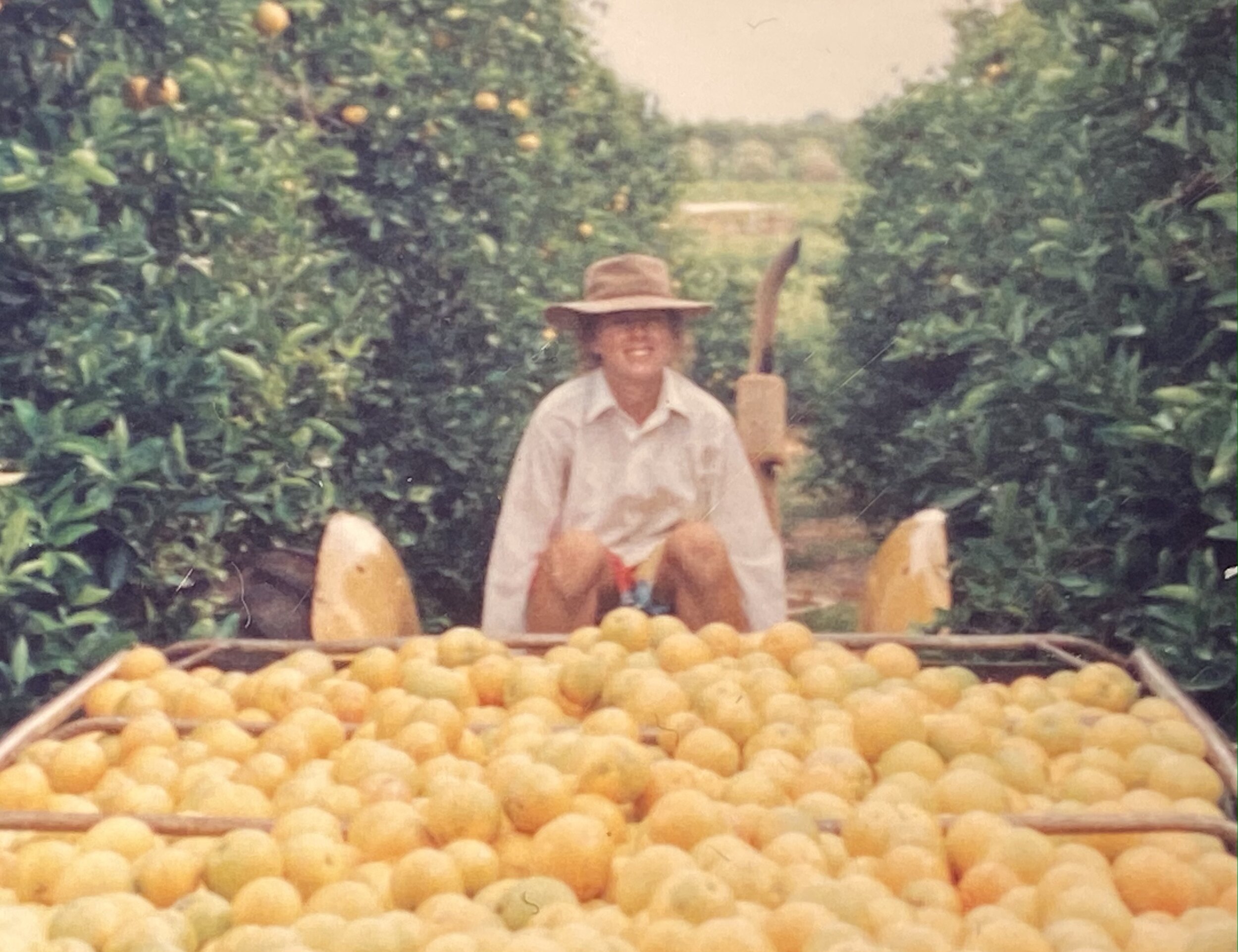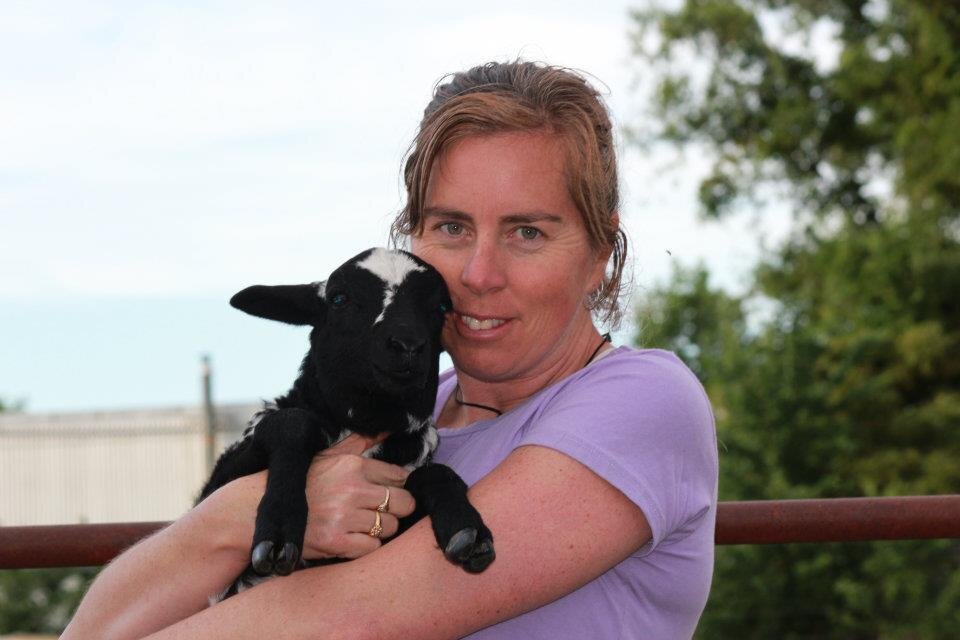The transformative role of the feminine in agriculture
By Kim Deans
The role of women in agriculture has evolved a long way since I was growing up on a farm in the 70’s and 80’s and heading off to study Rural Science at the University of New England in 1987. I had always had an innate knowing that I was meant to do something in agriculture. Whilst women played a crucial and valuable role in the farming family I grew up in, it was focused solely on the home and family. It wasn’t until I discovered at the age of 16 that I could go on to study agriculture at University that I realized a career path in agriculture for me as a woman actually existed.
Being the first woman born into my family to attend University was daunting enough, let alone to be studying agriculture which was still a predominantly male field at the time. I am grateful I found the courage to follow my path even when I felt scared and completely out of my comfort zone. I remember being questioned about my decision by people wondering what I was going to do with an agriculture degree? I remember replying bluntly that I was obviously planning to work in agriculture!
Even though I grew up in a farming family my practical farming skills were basically non-existent so the practical requirement of my degree to spend 6 months over the 4 years working on farms was another experience that put me well and truly out of my comfort zone. Even having a female student on practical experience could pose a challenge for the farmers. I remember a farmer I was working with requiring his wife to travel into town with us so people weren’t wondering why he was travelling around with a young female!
With few female role models in agricultural careers at this time I did not see a clear career path for myself when I completed my University degree. After a few years working in a range of short term, seasonal jobs I ended up marrying into a farming family in 1994. I was fortunate to marry into a farming family where women were equal contributors both in the business and in the field. I am very grateful for this experience which provided me with a solid practical foundation for my career in agriculture and the confidence to finally put my qualifications to good use when that marriage ended.
I was surprised to learn recently that the Australian law reform commission changed the legal status of women in agriculture to that of “farmers” as recently as 1994. It is hard to imagine that prior to 1994 women could not legally call themselves a farmer!
After my first marriage ended and I took the next steps in my career in agriculture, I commenced full time employment working as a Rural Financial Counsellor. I followed a path familiar to many women in the workforce, fitting myself into the 9 – 5 workplace culture that was initially designed for men when women were in a full time home making role. I worked extremely hard to achieve excellence in a challenging role and at the same time expected myself to be super woman at home with a new husband, blended family of 4 kids between us and a small rural property. I prided myself in how I managed a full time workload and a household and on top of this spent evenings after work and weekends taxi driving my two sons to sporting events.
I travelled on the treadmill of glorifying “busy” for a number of years and continued loading more and more onto my plate. When things didn’t feel like they were working my default was to work even harder! I narrowly escaped burnout a couple of times, due only to the fact that I had embraced monthly professional supervision sessions with a counsellor in my work as a Rural Financial Counsellor. This offered me the invaluable opportunity to grow in self-awareness through the challenges I faced trying to do it all.
All of these experiences have contributed to me growing in awareness of how as women we have been trying to fit ourselves into a masculine model and how we are burning ourselves out in the process. This in turn developed my awareness of the transformative role of the feminine in reinventing agriculture. In the book Regenerative Leadership (2019), Giles Hutchings and Laura Storm discuss how the industrial revolution led to our disconnection from nature and the domination of the feminine and its qualities by the masculine. This journey of separation created imbalances as a collective. Regeneration requires healing these imbalances through reconnection and integration of the separation that has occurred of the masculine from the feminine, humans from nature, inner from outer and left from right brain.
Integration is about feminine & masculine not feminine versus masculine. Everyone has both masculine and feminine energies. An individual may be dominant in one energy and this does not necessarily relate to their gender. Both men and women experience difficulties that arise from existing in a culture which is over-using masculine traits. Both masculine and feminine energies are equal and necessary and have incredibly powerful strengths when balanced.
It is wonderful to now be part of a growing number of women contributing to agriculture both within farming businesses and in the industry as a whole. Yet even with these increasing numbers of women in agriculture it feels like we still have a long way to go. Decision making bodies in agriculture don’t truly represent women, and women still lack influence. Agriculture is heavily dependent upon the work of women both on farm and through their contribution from off farm income but this crucial role is often unrecognized. I frequently encounter women who don’t recognize the tremendous value they bring to the farm business and who lack the confidence to speak out and share their wisdom.
The increasing number of women in agriculture has not automatically led to women having more influence or women’s contributions being valued because we have not yet integrated feminine qualities into the industry as a whole. Women have tended to enter the industry adopting the masculine qualities that already existed in and were promoted by the existing system. Whilst women can effectively operate in masculine energy and need to some of the time, women become exhausted and disillusioned if they try to operate solely in this space for a long period of time. Women are not designed to thrive in a system that operates solely in a masculine energy. Integration of the feminine is the next step for agriculture and a role I see being fulfilled by the regenerative agriculture movement with many women and men being drawn to a regenerative path. This next step is about agriculture valuing, respecting and using both masculine and feminine energy in an integrated way.
Industrial agricultural systems have been created through a culture that embraces masculine traits of control, competition, logic and linear solutions and neglects to integrate the feminine traits of nurture, collaboration, intuition and whole systems awareness. Our education systems and workplaces also place high values on masculine traits. As we integrate both masculine and feminine aspects we restore resilience, balance and health to agriculture that flows on to the whole planet.
The re-integration of the feminine in agriculture is well underway with the increasing numbers of women being drawn to the industry. These women bring with them the opportunity to integrate their feminine energy into their way of operating in the world and to invite men to do the same. We do this through incorporating our intuition, feelings and heart into decision making. We co-operate instead of compete. We nurture life processes instead of attempting to control. We harness the power of visioning and take a whole systems, big picture view. As women and men become more integrated we will see them both emerge as powerful forces for transforming agriculture. This is why the integration of the feminine with the masculine is an essential step to creating regenerative, resilient and profitable farming ecosystems.





